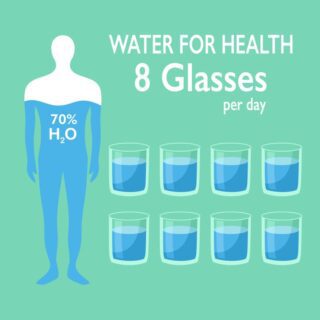Diet Myths Debunked: Evidence-Based Weight Loss Strategies

With so much conflicting information about dieting, it can be challenging to separate fact from fiction. Here, we debunk common diet myths and present evidence-based strategies for effective weight loss.
Common Diet Myths
Myth 1: Carbs Are the Enemy
- Fact: Not all carbs are bad. Whole grains, fruits, and vegetables provide essential nutrients and should be part of a balanced diet. The key is to avoid refined carbs and sugary foods.
Myth 2: Skipping Meals Helps You Lose Weight
- Fact: Skipping meals can lead to overeating later and disrupt metabolism. Regular, balanced meals and snacks help maintain energy levels and support weight loss.
Myth 3: Fat Makes You Fat
- Fact: Healthy fats, such as those found in avocados, nuts, and olive oil, are essential for health and can aid in weight loss by promoting satiety and reducing cravings.
Myth 4: You Can Target Fat Loss
- Fact: Spot reduction is a myth. Fat loss occurs throughout the body, and targeted exercises can only strengthen muscles underneath the fat.

Evidence-Based Weight Loss Strategies
Balanced Diet:
- Focus on a diet rich in fruits, vegetables, lean proteins, whole grains, and healthy fats. Ensure you’re getting a variety of nutrients to support overall health.
Portion Control:
- Be mindful of portion sizes. Using smaller plates, measuring portions, and avoiding eating straight from the package can help control calorie intake.
Regular Physical Activity:
- Incorporate both cardio and strength training exercises into your routine. Aim for at least 150 minutes of moderate-intensity exercise per week.
Mindful Eating:
- Pay attention to hunger and fullness cues. Eat slowly and savor your food to prevent overeating and promote better digestion.
Hydration:
- Drink plenty of water throughout the day. Sometimes thirst can be mistaken for hunger, leading to unnecessary snacking.
Sleep and Stress Management:
- Ensure you’re getting enough sleep and managing stress effectively. Both poor sleep and high stress levels can negatively impact weight loss efforts.
Summary:
- Debunking myths such as “carbs are the enemy,” “skipping meals helps lose weight,” “fat makes you fat,” and “you can target fat loss.”
- Evidence-based strategies include a balanced diet, portion control, regular physical activity, mindful eating, hydration, and managing sleep and stress.
- Focus on sustainable and holistic approaches to achieve effective weight loss.

This article reviewed by Dr. Jim Liu, MD and Ms. Deb Dooley, APRN.
There’s nothing more important than our good health – that’s our principal capital asset.
#medical #telehealth #umedoc










